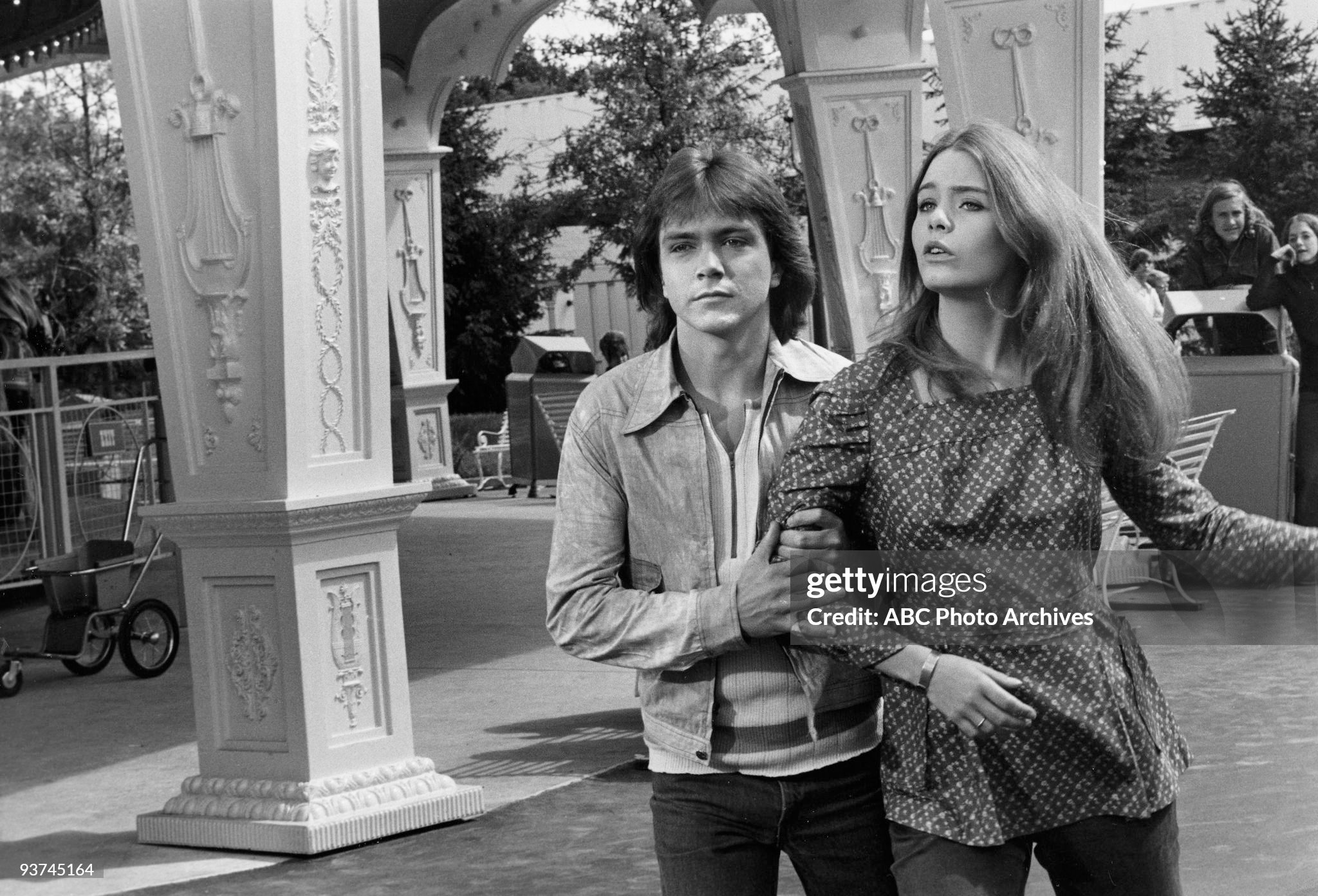
Celebrating the Timeless Connection Between Love and Music
In the golden era of the 1970s, when music was not just heard but felt, The Partridge Family gifted the world with a melody that encapsulated the essence of love and harmony—”Every Song Is You.” This song, nestled within the warmth of their 1973 album “Bulletin Board,” might not have soared to the top of the charts like some of their other hits, but it holds a special place in the hearts of those who cherish music as a vessel for emotion.
As we delve into this lyrical tapestry, it becomes evident that “Every Song Is You” is more than just a collection of notes and words. It is a heartfelt tribute to the beloved notion that every piece of music weaves itself into the fabric of our lives, much like a cherished companion. The Partridge Family, led by the charismatic David Cassidy, managed to capture this sentiment with a blend of pop sensibility and genuine emotion.
Though it did not dominate the Billboard Hot 100 like “I Think I Love You,” this track remains an emblematic piece for fans who understand that chart success isn’t the sole measure of a song’s impact. Instead, “Every Song Is You” resonates through its narrative—a reflection on how every melody can evoke memories and emotions tied to someone special.
Behind this tune lies a story as compelling as its lyrics. During the early ’70s, The Partridge Family was not merely a fictional TV band but a cultural phenomenon. They brought families together in front of television screens and record players alike. In many ways, their music was a soundtrack to an era—a reminder of simpler times when family gatherings were frequent, and music was shared through vinyl records spun at cozy living room gatherings.
The songwriters behind “Every Song Is You,” Tony Romeo and Wes Farrell, were masters at crafting tunes that spoke directly to the listener’s heart. Their collaboration yielded a melody that serves as both an ode to love and an acknowledgment of music’s power to capture and reflect our innermost feelings. It is as if each note played by The Partridge Family serves as a brushstroke in painting an auditory portrait of nostalgia and longing.
For those who lived through the era or who discovered The Partridge Family in later years, hearing “Every Song Is You” is akin to opening an old photo album. Each chord progression evokes vivid memories—perhaps of teenage crushes, summer road trips with family, or quiet moments spent alone with thoughts and dreams. It is this ability to transport listeners back in time that gives the song its enduring appeal.
Moreover, “Every Song Is You” speaks to a universal truth: music is deeply personal yet universally relatable. Each listener may interpret its message differently based on their life experiences, yet all can agree on its core theme—every song can embody someone dear to us. This timeless quality ensures that even decades after its release, the song continues to resonate with audiences new and old.
In conclusion, while “Every Song Is You” may not have topped every chart upon its release, its legacy endures through its heartfelt exploration of love’s connection with music. It reminds us that sometimes, the most profound songs are not those with immediate commercial success but those that linger in our hearts long after the final note has faded away.
As we listen to The Partridge Family sing about how every melody can remind us of someone we hold dear, we are reminded once more of music’s incredible power to capture emotions and preserve memories. And perhaps that is why “Every Song Is You” remains such a cherished piece—it celebrates not only love but also the timeless bond between our lives and the songs that narrate them.
